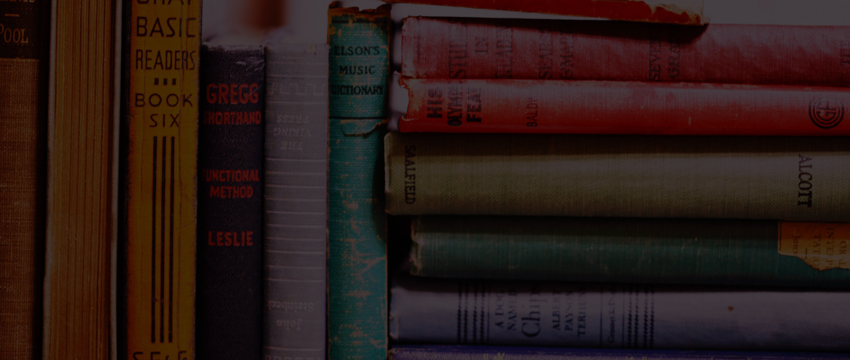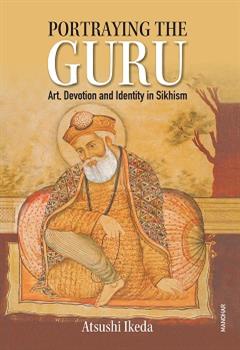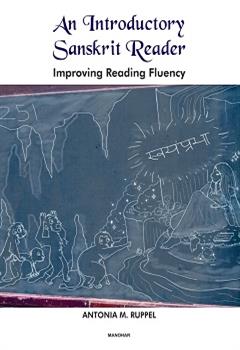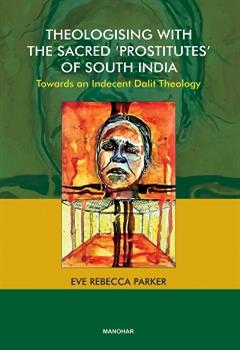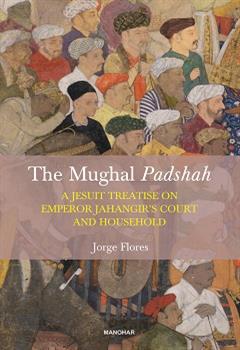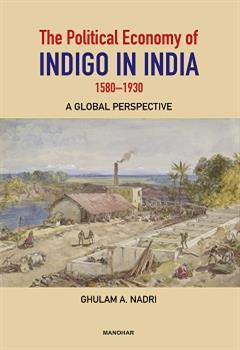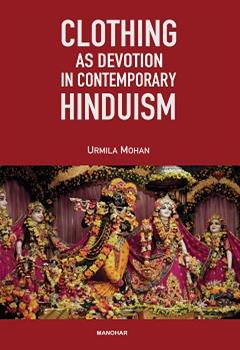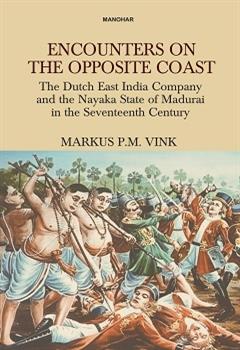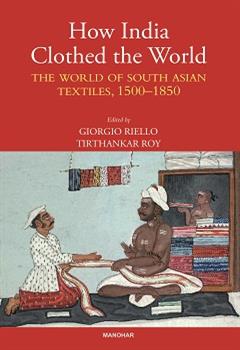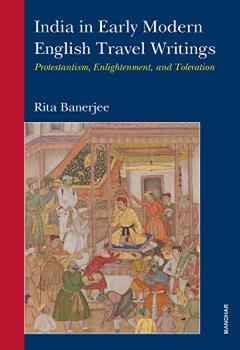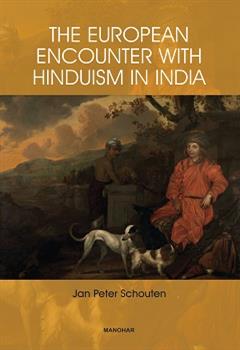History
Featured Products
Portraying the Guru: Art, Devotion and Identity in Sikhism
₹3,000.00
M.R.P.:₹ 3,000.00
You Save: ₹0.00 (0.00% OFF)
An Introductory Sanskrit Reader: Improving Reading Fluency
₹1,547.15
M.R.P.:₹ 1,595.00
You Save: ₹47.85 (3.00% OFF)
Theologising with the Sacred 'Prostitues' of South India:Towards an Indecent Dalit Theology
₹1,106.30
M.R.P.:₹ 1,495.00
You Save: ₹388.70 (26.00% OFF)
The Mughal Padshah: A Jesuit Treatise on Emperor Jahangir's Court and Household
₹1,106.30
M.R.P.:₹ 1,495.00
You Save: ₹388.70 (26.00% OFF)
The Political Economy of Indigo in India 1580-1930: A Global Perspective
₹1,237.50
M.R.P.:₹ 1,650.00
You Save: ₹412.50 (25.00% OFF)
Clothing as Devotion in Contemporary Hinduism
₹1,165.50
M.R.P.:₹ 1,295.00
You Save: ₹129.50 (10.00% OFF)
Encounters on the Opposite Coast: The Dutch East Indian Company and the Nayaka State of Madurai in the Seventeenth Century
₹2,366.05
M.R.P.:₹ 2,995.00
You Save: ₹628.95 (21.00% OFF)
How India Clothed the World: The World of South Asian Textiles, 1500-1850
₹2,024.10
M.R.P.:₹ 2,595.00
You Save: ₹570.90 (22.00% OFF)
India in Early Modern English Travel Writings: Protestantism, Enlightenment, and Toleration
₹1,271.25
M.R.P.:₹ 1,695.00
You Save: ₹423.75 (25.00% OFF)
The European Encounter with Hinduism in India
₹1,106.30
M.R.P.:₹ 1,495.00
You Save: ₹388.70 (26.00% OFF)

